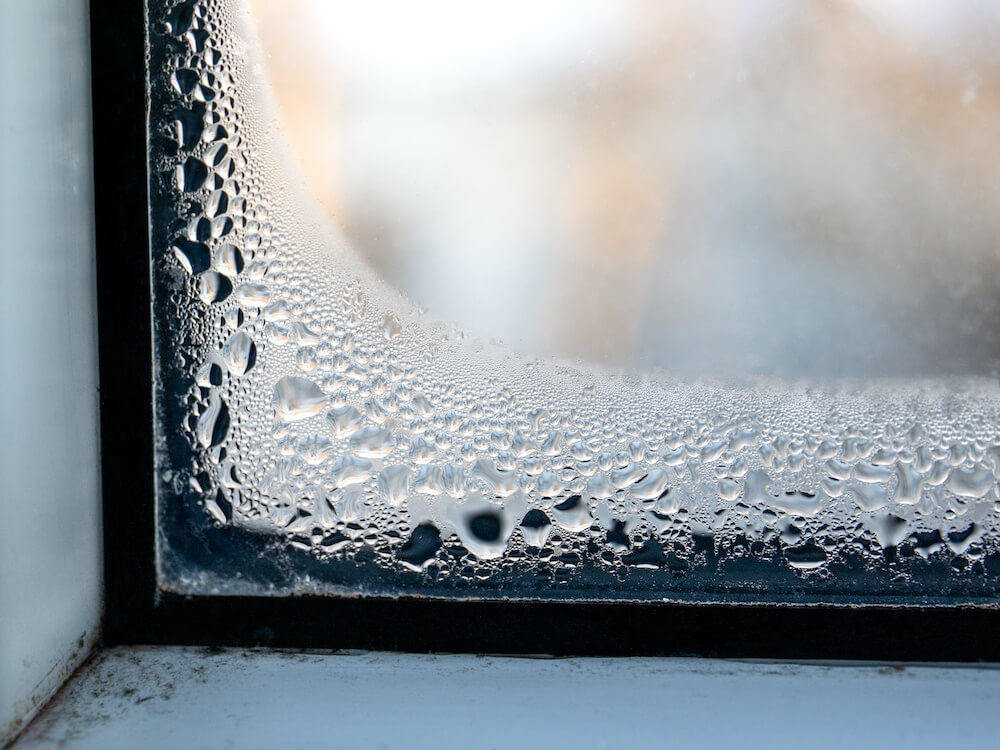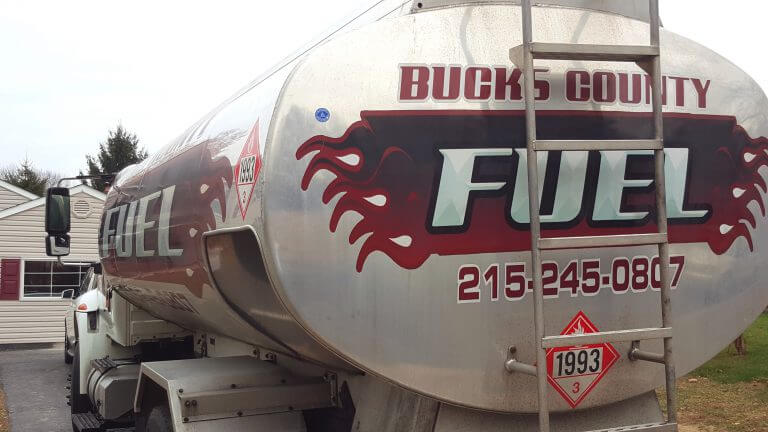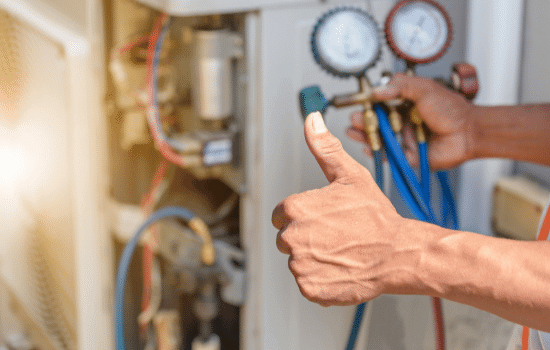Humidity is a huge factor in maintaining a clean and comfortable home. Too much or too little each presents its own slew of problems. Here in Bucks County, PA, we tend to experience very high humidity in the summer and very low in the winter. These kinds of extremes can make it tough to balance and maintain comfort. But keeping your home’s humidity at an ideal level is not just about comfort, it’s about protecting your health, home, and possessions. What happens if your home humidity is not balanced? What range should you be keeping it in? And how can you efficiently control your home’s humidity? Find out now.
What Happens if My Home’s Humidity is Too Low or High?
We all know the feeling of hot, humid summer air. The closer humidity gets to 100%, the more moisture in the air, and that means the harder it is for the air to absorb our sweat. So when it’s hot and humid, your body sweats but has nowhere to go with it. Making you stay hot and damp. Not fun.
Not only does it being too high present constant discomfort, but it seriously encourages the growth of mold and mildew. The excess of moisture can damage your furniture as well as worsen allergies.
If the humidity in your home is too low, you’ll notice effects like dry skin, damaged furniture, and more. Low humidity can leave you with dry, itchy skin and the increased transmission of infections. As well as leaving your wooden or leather furniture dry and cracked.
What Humidity Should My House Be?
The ideal humidity range for a residential home is around 30% to 60%. The exact number is really based on the comfort of your family, your environment, and the time of year. It is suggested that you keep it under 50-55% to prevent the growth of mold. Just as we keep our thermostats lower in the winter and higher in the summer, it’s appropriate to shift your humidity in the same way. As a general guide, when the outdoor temperature is over 50º, you likely want to keep the humidity below 55%. When the outdoor temperature is below 50º, you’ll want to keep it below 45%. Again, take this information in conjunction with your family’s comfort.
To control both ends of the spectrum, you’ll need both a humidifier and a dehumidifier. Depending on where you live, you might only need one. In Southeastern Pennsylvania where our company resides, it’s common for residents to only have a dehumidifier. Other whole-house systems such as exhaust fans and HVAC systems can have a huge impact on the humidity of your home.
HVAC Maintenance in Bucks County, PA
If you’re one of our neighbors, give a call to Bucks County Fuel for expert HVAC maintenance, repairs, and installations. We’ve covered everything from Boilers, Hot Water Heaters, Furnaces, Heat Pumps, Thermostats, Air Conditioners, Tank Replacements and more for over 10 years. We never leave our clients too cold or warm. Contact us today for informative and affordable HVAC services.




